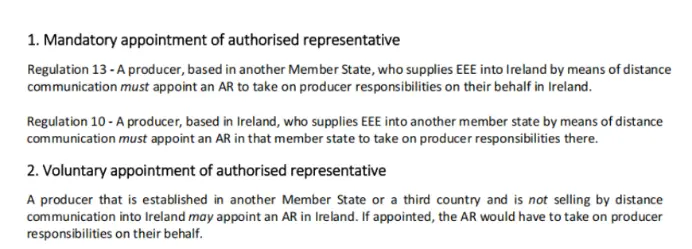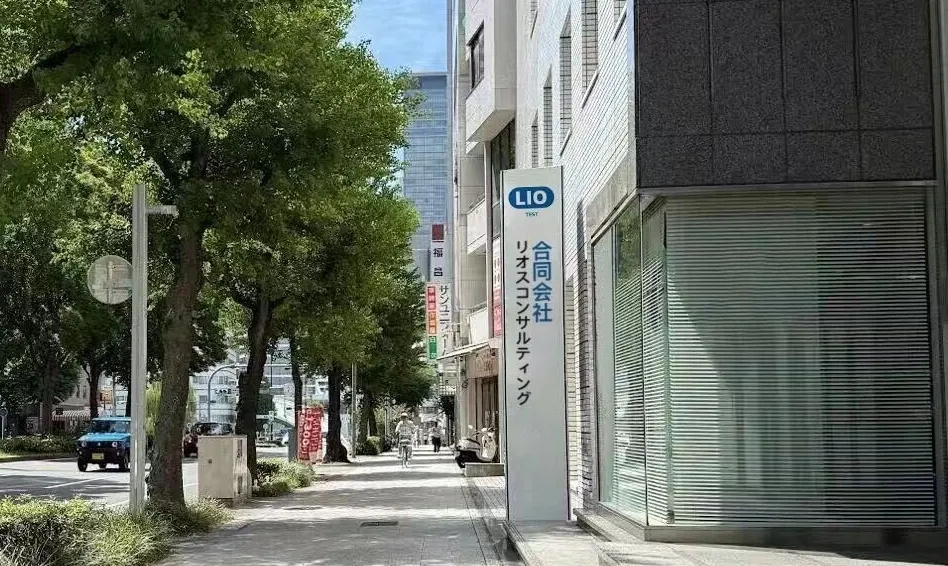
What is EN71 Certificate?
The EN71 testing and certification certificate is a mandatory safety standard certificate for children’s toys in the European market. Below is a detailed explanation of the EN71 testing and certification certificate:

1. Definition
en71 certification, officially called "EN71: European Toy Safety Standard," is a series of specific technical testing requirements and specifications formULated by the European Committee for Standardization (CEN) for the Toy Safety Directive 2009/48/EC (originally 88/378/EEC). This certification is a necessary condition for manufacturers to enter the EU market and sell their toy products.
2. Standard Content
The en71 standard system is extensive and subdivided into multiple parts, each focusing on a different aspect of toy safety. The main parts include:
1. EN71-1: Physical and Mechanical Properties Testing
Includes drop tests, small parts tests, sharp edge tests, tensile tests, compression tests, etc., to ensure structural stability and safety of toys.
2. en71-2: Flammability Testing
Specifies types of flammable materials prohibited in toys and their combustion performance requirements to prevent fire hazards.
3. EN71-3: Migration of Certain Elements
Focuses on limiting the migration of elements in accessible parts or materials to protect children from harmful substances.
4. EN71-4: CheMICal and Related Activity Test Devices
Regulates the use of chemicals in testing apparatus and related activity equipment.
5. EN71-5: Safety Requirements for Chemical Toys
Mainly applies to molded and cast devices using substances like plaster or putty.
6. EN71-6: Graphical Representation of Age Labels
Toys not suitable for children under 3 years must have age warning labels.
7. EN71-7: Finger Paint Requirements
Sets limits on colorants and preservatives in finger paints.
8. EN71-8: Safety Requirements for Indoor and Outdoor Family Entertainment Equipment
Covers swings, slides, and similar toys for home use.
9. en71-9: General Requirements for Organic Compounds in Toys
Involves restrictions on flame retardants, colorants, etc.
10. EN71-10: Sample Preparation and Extraction of Organic Compounds
11. EN71-11: Analysis Methods for Organic Compounds
3. Certification Process
1. Fill in the Certification Application Form
Manufacturers need to complete the relevant application form and provide necessary product information and documents.
2. Provide Samples and Product Information
Manufacturers must provide samples along with user manuals, material lists, and other relevant documentation.
3. Sample Testing
Samples are sent to a qualified certification laboratory such as JJR for testing, covering all the requirements in the EN71 standard.
4. Issuance of Test Report and Certification
After testing, the laboratory issues a test report and en71 certificate. Manufacturers can label their products to demonstrate compliance with en71 standards.
4. Certification Validity
The EN71 certification is generally valid for the product’s lifecycle. As long as the product design and regulations do not change, the certification remains valid. However, manufacturers should regularly monitor updates to regulations and standards to ensure ongoing compliance with the latest safety requirements.
5. Significance
1. Legal Compliance
EN71 certification is a legal requirement for entering the EU market, ensuring toys meet safety standards.
2. Child Safety Protection
The standard helps REDuce the risk of injuries during play.
3. Market Competitiveness
Toys with EN71 certification are more competitive and inspire greater consumer trust.
Email:hello@jjrlab.com
Write your message here and send it to us
 LFGB Test Requirements for Food Contact Materials
LFGB Test Requirements for Food Contact Materials
 Irish Battery Act Requires an Authorised Represent
Irish Battery Act Requires an Authorised Represent
 Swedish Battery Act Requires an Authorised Represe
Swedish Battery Act Requires an Authorised Represe
 Amazon TIC Provider
Amazon TIC Provider
 Amazon Battery and Charger Requirements
Amazon Battery and Charger Requirements
 Amazon Japan METI A Domestic Administrator Service
Amazon Japan METI A Domestic Administrator Service
 What is "Amazon Japan PSE: A Domestic Adminis
What is "Amazon Japan PSE: A Domestic Adminis
 What Does "ASTM F963-17 Certified" Mean?
What Does "ASTM F963-17 Certified" Mean?
Leave us a message
24-hour online customer service at any time to respond, so that you worry!




